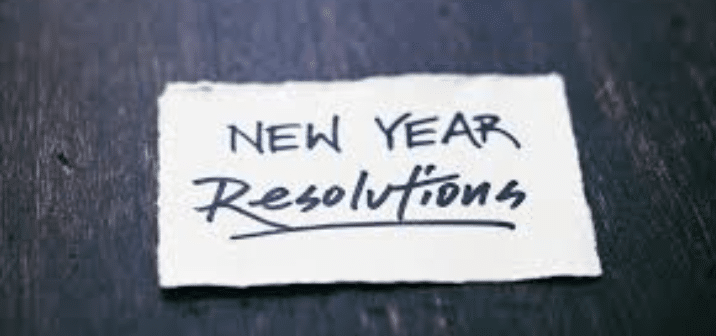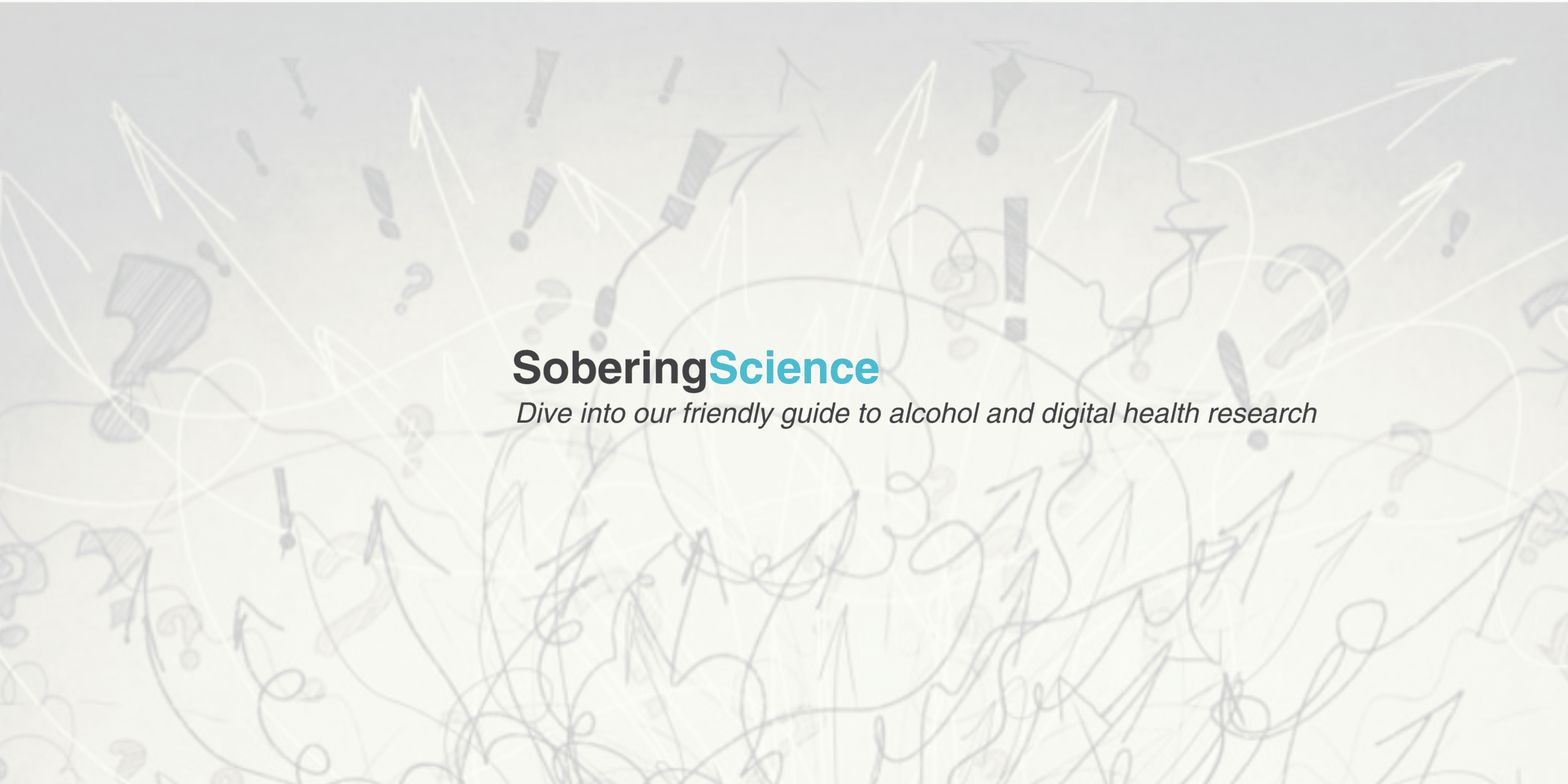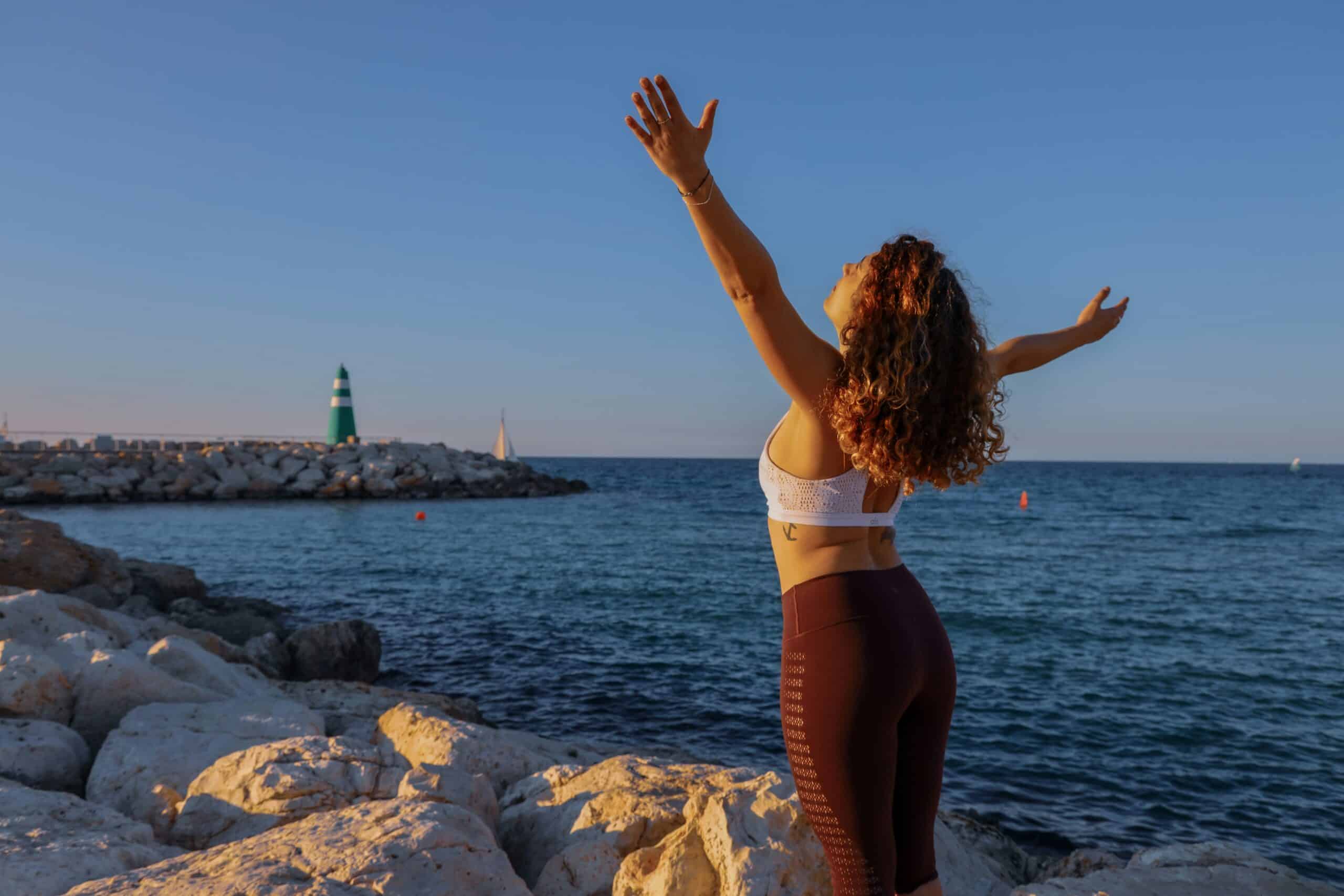
New year’s resolutions – What’s holding you back from making changes to your relationship with alcohol?
With 2021 behind us, revisiting self-care and a healthier relationship with alcohol may feature in your new year’s resolutions. The festive tradition of resolution making has long been a useful strategy to press the reset button, helping us focus on extinguishing old behaviours, and introducing new ones.
But change doesn’t happen overnight. You’re not alone if you feel overwhelmed in encountering barriers to change your drinking habits.
Despite the best of intentions, old habits do die hard.
Confession time - most people give up on their New Year resolutions within the first month. A study by Edith Cowan University (ECU) research revealed that two thirds of the people surveyed had the same, or nearly the same, resolution as in the previous year.

'The resolution to lose five kilos will more likely endure in the face of obstacles, difficulties or other competing resolutions if it's linked to higher personal values, such as beliefs about one's health or appearance. Setting specific goals that include a time, place and/or people provide the mental cues to assist people to stick to their resolution goals,' says Professor Dickson.
Motivations can shift when we are revisiting how alcohol features in our life, and we can slip back into old ways. Making long term change calls on us all to dig deep, ask ourselves tough questions and challenge any change-resistant responses. It’s a new year, we’re up for that right?
Let’s tackle a few familiar barriers, and help you approach things a little differently:
Barrier 1:
'I‘ve tried to quit or modify drinking before and it didn't work'
How to tackle it:
New habits take time, and patience.
We’re often so keen to see the results of desired changes that we become impatient if it’s not reaping immediate rewards, and past failed attempts can serve to diminish our motivation.
Philosopher Aristotle said 'We are what we repeatedly do. Excellence, then, is not an act, but a habit.'
Returning to a resolution is a testament to your perseverance. There’s no magic time frame for a new habit to settle in so keep at it!
Breaking habits can be achieved by making new ones, so set yourself up for success with specific resolutions:
- On Monday nights I will walk while listening to a podcast
- One night a week I will go to the gym with a friend
- By drinking less, or not at all mid-week I could save money (read our past blog).
Draw your attention away from how you feel socially and towards how you feel internally with introducing change. Chances are you are probably already feeling healthier benefits.

Barrier 2:
'I’m worried I’ll lose my sense of fun, that I’ll be boring or that my friends might not want to hang out with me if I’m alcohol free.'
How to tackle it:
Navigating social situations calls on strategies, with or without alcohol. Conversation doesn’t come from the bottom of a wine glass; it comes from you. If you’re worried about being ‘un-fun’ take responsibility for being the one to create the fun instead. Break out of the pattern of second guessing what you bring to friendships, or find the folks in the room who are most responsive to what you have to say. This can be instrumental in changing your perception about having fun without alcohol.
If you’re having difficulty finding support systems or feeling unsure how to connect with sober curious folks, try searching for #Sober or #AF (alcohol free) hashtags on social media for like minded company. Or download The Daybreak App and hang out online with a supportive community and Care Navigation team who can help you to set achievable goals, and meet them .
Barrier 3:
'Alcohol helps me manage my stress and my ability to fall and stay asleep – I’m worried about how I manage both without alcohol'
How to tackle it:
We are creatures of habit. But we can, through support and experimentation, retrain our brain and body to move beyond habituated behaviours. Alcohol actually hinders us from having a restful sleep.
'Evidence indicates that, with regular use, alcohol quickly loses its effectiveness as a sedative for those having trouble falling asleep, while still retaining its sleep-disturbing properties. Many people describe alcohol helping them get to sleep, but then experiencing disturbances later on in the night or early morning – when we are meant to be getting high-quality REM sleep.' (Read more about how alcohol-use affecting sleep)
Instead of having a few glasses to manage stress or prepare for sleep each night try:
- an evening walk while you talk on the phone to a friend
- listen to a meditation app
- join a gym and tire yourself out
- participate in a social or community club focussed on activities with purpose
- reward yourself with fabulous food
- take a break from your usual social life cycle, opting instead to try a new hobby
For Louise her nightly drinking became something she felt she deserved after a 'Long, hard day.'
'Regardless of my evening’s activities, every night ended with wine. Even if I was out at meetings and home late, I’d open a bottle.'
Louise embarked on a break from alcohol, taking on the role of designated driver to kick-start her move away from a dependency on alcohol.
'Somewhere around the nine-month mark I realised this was it. I wasn’t going back. Life was simply better without alcohol. I still enjoyed socialising, weekends away, dancing at parties and was often the last one to leave. I felt like I was 100% on form, day and night. Even stressful times were easier to manage without alcohol.'
Barrier 4:
'I feel trapped by the cultural pressure of drinking. It’s so normalised on TV and in advertising. Saying no to a drink feels unpopular and unusual and I feel uncomfortable drawing that attention to myself.'
How to tackle it:
When there are things going on around you in your social circle, that can certainly affect your ability to make change. It does take time to adjust to a new normal, and it may help if you ease into events where you feel drinking isn’t the most prominent activity. Sure, drinking is normalised in popular culture, but there’s a rising sober curious movement too.
Change is a gradual and personal process
Making changes to your drinking is a slow and steady path once you are well and truly ready.
If you’d like a little check in to conquer the New Year, our Daybreak Care Navigators have put together a great worksheet to set your intentions in writing. (Read our past blog on how to Conquer the new year here)
What’s holding you back from making your New Year's resolutions? Whether your goal is to drink in moderation or take a complete break from alcohol, we hope you resolve to achieve something amazing this year.










Thanks for the good advice. May 2022 be a year if good health and positive change.